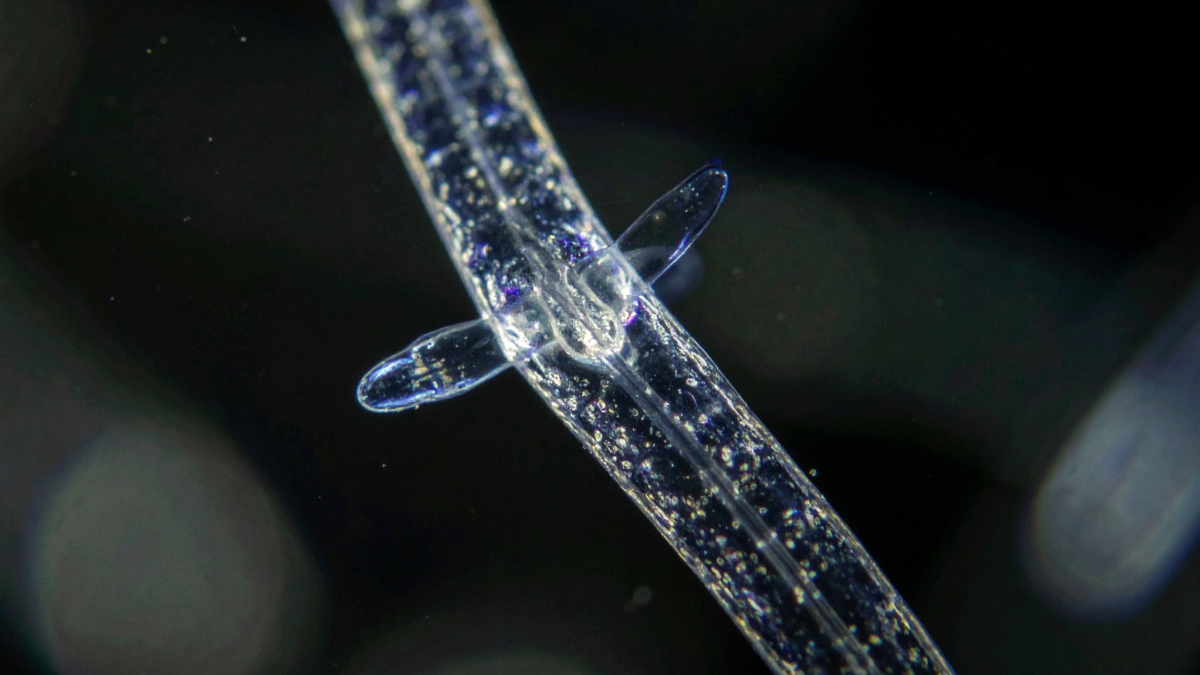We know that nematodes are very dangerous plant pests. The most damaging to horticulture and unfortunately the most widespread worldwide are the galls belonging to the genus Meloidogyne. In this article we will elaborate on the typical signs of an infestation and how to limit the spread of nematodes.
What are nematodes
These are larvae that in the presence of the host plant penetrate from the root apex and carry out the entire cycle of development within the rootleading to the formation of larger cells in which they live and feed, causing hyperplasia and hypertrophy on the outside, so-called 'galls'.which are the main symptoms of infestation at root level.
In Italy nematodes cause considerable damage to horticultural and floricultural crops in greenhouses and open fields and to seed crops grown on sandy soil; favourable environmental conditions for its development are temperatures of 25-30°C and soil moisture.
What are the symptoms of nematodes?
Plants attacked by nematodes show:
- delay in vegetative development because the uptake of nutrients by the roots is reduced;
- poor production both qualitatively and quantitatively;
- increased susceptibility to the action of other pathogens;
- a underdeveloped root system;
- yellowing and leaf wiltinguntil early death;
- the establishment of fungi and bacteria responsible for root rot may be favoured on the affected roots.
Furthermore, plants attacked by nematodes are more susceptible to infection by fungi such as Fusarium and Verticillium whose penetration into the plant roots is facilitated precisely by the wounds caused by the nematode larvae and are the cause of indirect damage as they are possible transmitters of viruses.
Prevention of nematode stress and containment of its spread
MSBIOTECH offers a product package dedicated to limiting the spread of nematodes and preventing the stress they cause to plants:
- NEMATECH of the MICROTECH line; Nematech is an innovative liquid formulation based on viable spores of the fungus Pochonia chlamydosporia which effectively contributes to the overcoming stress caused by pathogen attacks on the root system also in the presence of gall nematodes of the genus Meloidogyne spp., Heterodera spp., Tylenchulussemipenetrans.
- CONTROL of the TWINTECH line: thanks to the presence of the fungus Pochonia spp. and Arthrobotrys spp, Control contributes effectively to overcoming stresses caused by attacks by root pathogens due, in particular, to the presence of gall nematodes of the genus Meloidogyne spp., Heterodera spp., Tylenchulis semipenetrans, etc.
In a regulatory context that is restrictive towards chemical nematicides and plant protection products, the innovative MSBIOTECH products are a valid and natural alternative for plant care
READ ALSO:






